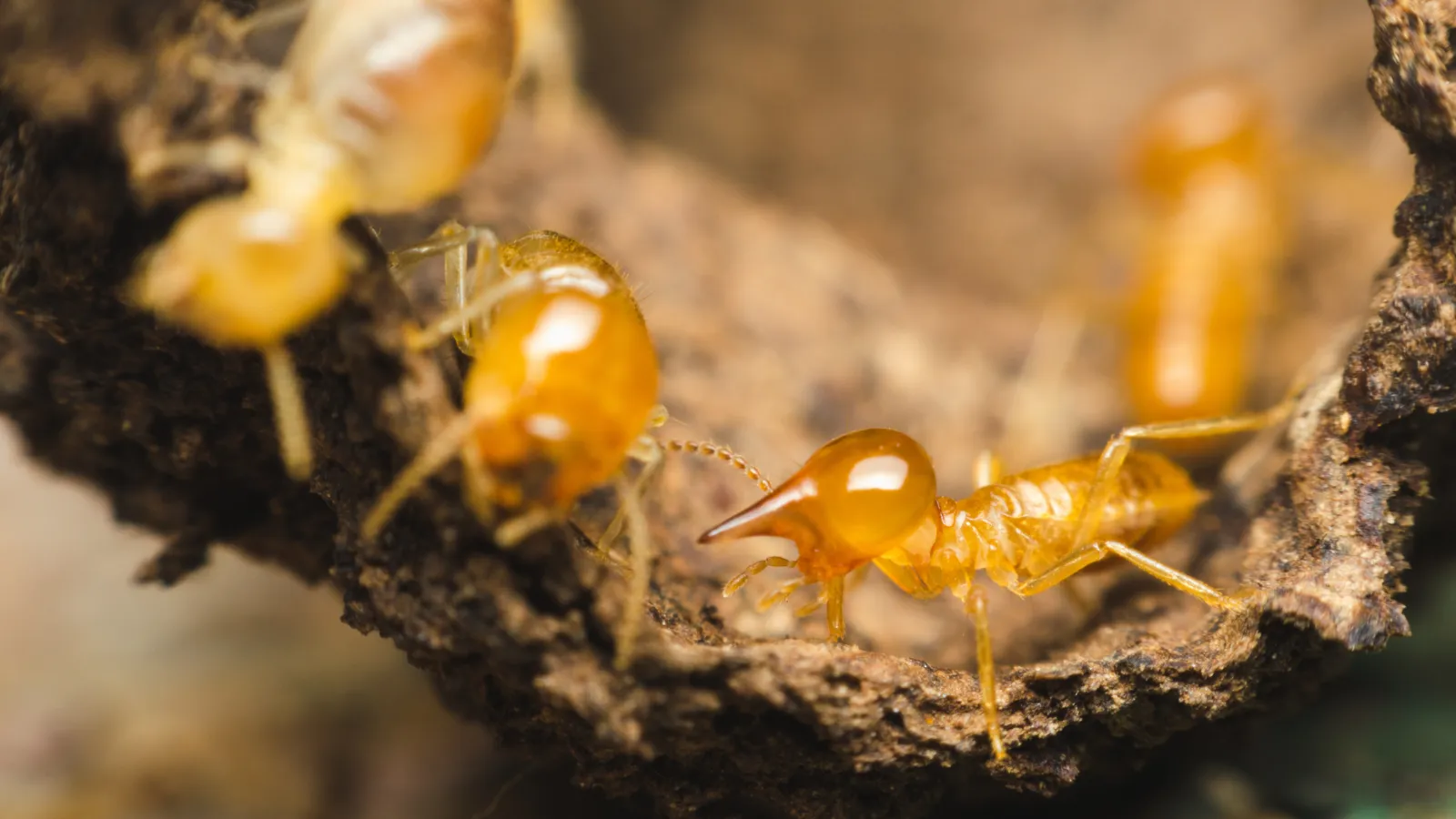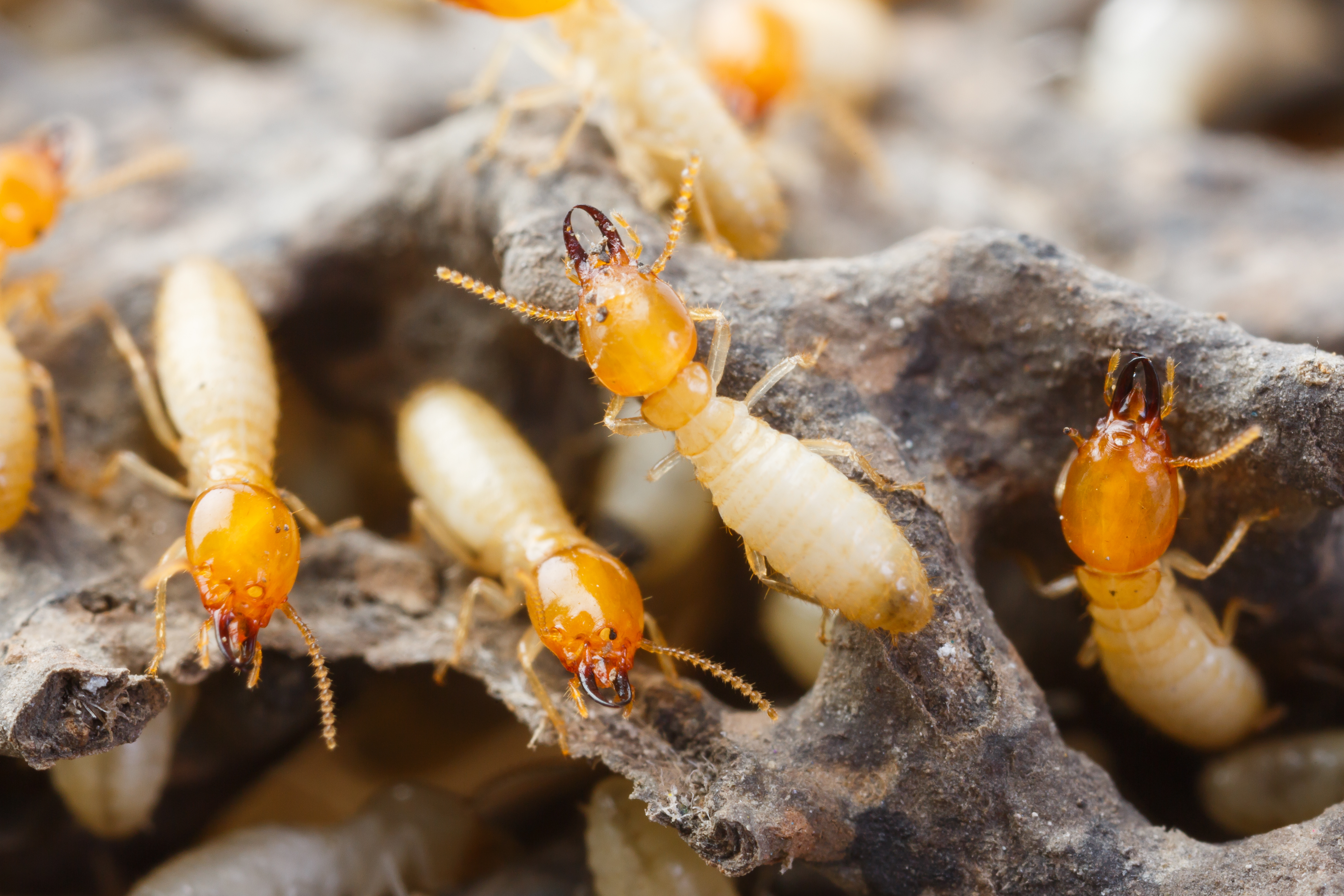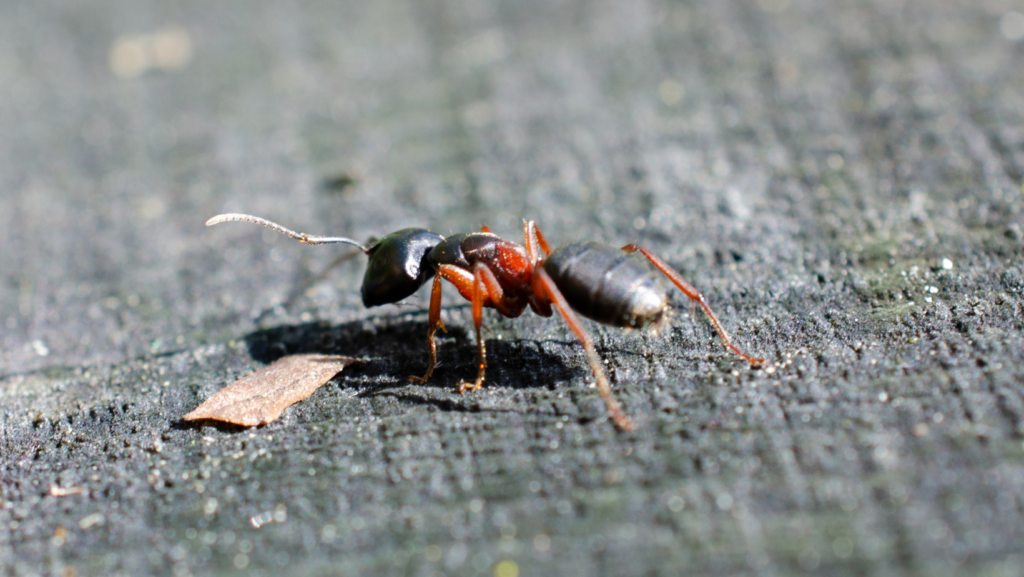Specialist Termite Control Services: Guard Your Home from Termite Damage
Specialist Termite Control Services: Guard Your Home from Termite Damage
Blog Article
Ecological Influence of Pest Control: Balancing Performance With Sustainability
The ecological influence of insect control is a vital problem that needs a delicate equilibrium in between accomplishing effectiveness in guaranteeing and managing insects sustainability of our ecosystems. As we aim to protect our crops, homes, and health from the risks presented by bugs, the approaches we employ can inadvertently damage the atmosphere. From making use of dangerous chemicals that seep right into our dirt and water to the unplanned repercussions on non-target species, the consequences of conventional pest control techniques are significant. There are emerging approaches that use hope for a more lasting strategy to pest administration. These options not only purpose to address the instant bug problems however likewise take into consideration the long-term health of our earth.
Hazardous Chemicals in Pest Control
The use of damaging chemicals in pest control positions significant environmental and health risks that necessitate mindful factor to consider and reduction strategies. Herbicides, pesticides, and pesticides are frequently used to get rid of pests, however their widespread application can cause unintentional effects. These chemicals can contaminate soil, water sources, and the air, influencing not just the targeted parasites yet additionally useful bugs, wildlife, and humans.

To attend to these threats, integrated bug monitoring (IPM) methods are being advertised as a much more sustainable alternative. IPM involves a mix of methods such as organic control, environment adjustment, and the targeted use pesticides as a last hotel (ant control asheboro nc). By taking on an all natural technique to pest control, we can lessen the ecological and health and wellness influences related to hazardous chemicals while properly handling pest populations
Effect on Non-Target Variety
Taking into consideration the unintentional repercussions of bug control approaches, the impact on non-target types is a critical element that needs extensive assessment. While pest control actions intend to target details insects, various other microorganisms in the ecological community may be inadvertently affected. Non-target types, including beneficial insects, birds, mammals, and even plants, can endure direct or indirect damage from pesticide applications or organic control approaches.
Insecticides created to battle a certain insect bug may harm pollinators like or natural killers such as ladybugs. Organic control representatives, if not species-specific, can pose risks to unexpected targets, disrupting the eco-friendly balance.
To minimize the influence on non-target types, incorporated pest administration (IPM) strategies that highlight an all natural method to pest control are advised. These techniques prioritize making use of eco-friendly techniques, decreasing harm to beneficial microorganisms while effectively taking care of pest populations. Carrying out thorough threat evaluations and keeping an eye on the end results of bug control initiatives are crucial action in protecting non-target varieties and advertising general environment health and wellness.
Soil and Water Contamination
Unintended environmental consequences of pest control methods extend past impacting non-target varieties, with considerable implications for dirt and water contamination. Pesticides, herbicides, and chemical fertilizers made use of in bug control can seep into the dirt and contaminate groundwater, positioning a risk to both marine and terrestrial environments. Dirt contamination can interrupt the equilibrium of microorganisms vital for nutrition biking and plant development, resulting in reduced dirt fertility and productivity. Furthermore, these chemicals can persist in the atmosphere for extended periods, gathering in the soil and possibly getting in the food web.
Water contamination is an additional critical issue related to bug control techniques. Overflow from agricultural areas treated with chemicals can lug these chemicals into nearby water bodies, impacting marine organisms and water quality. Contaminants in water sources can have far-ranging repercussions, influencing not only aquatic life however likewise human health and wellness through the intake of polluted water or aquatic microorganisms. To minimize dirt and water contamination from insect control tasks, integrated pest management approaches that focus on sustainability and lessen chemical inputs are important.
Air Pollution From Pesticide Use
Exposure to airborne pesticides throughout agricultural applications postures a significant concern for air contamination control procedures. When pesticides are splashed onto plants, they can volatilize into the air and type unpredictable natural substances (VOCs) and various other airborne pollutants. These chemicals can contribute to the development of ground-level ozone, a major part of smoke that can have destructive results on human health and wellness, crop performance, and total air quality. Furthermore, chemical drift, where chemicals are lugged by the wind to unintentional locations, can lead to the contamination of close-by ecosystems and water bodies.

Methods for Sustainable Bug Control
In the world of farming practices, carrying out sustainable parasite control strategies is paramount for maintaining environmental balance and guarding crop yields. Sustainable parasite control emphasizes using environmentally friendly techniques to manage parasite populaces properly while lessening damage to non-target organisms and environments. Integrated Pest Management (IPM) is a commonly adopted technique that integrates organic, cultural, physical, and chemical control techniques to achieve long-lasting parasite administration solutions.
One trick technique in sustainable insect control is advertising biodiversity within agroecosystems. By enhancing natural enemies of bugs, such as parasitoids and killers, farmers can minimize the requirement for synthetic chemicals. Plant rotation and diversity are likewise efficient strategies to interfere with pest life process and develop much less positive problems for pests to thrive. In addition, using pest-resistant plant selections and employing methods like catch chopping can help in reducing insect stress without depending greatly on chemical treatments. Ultimately, by integrating these sustainable parasite control approaches, farmers can accomplish an equilibrium in between pest monitoring effectiveness and ecological stewardship.
Final Thought
To conclude, the environmental effect of parasite control approaches need to be thoroughly thought about to stabilize efficiency with sustainability. Harmful chemicals used in parasite control can cause soil and water contamination, air contamination, and injury non-target types - ant control services. It is essential to carry out sustainable bug control strategies to minimize these adverse impacts on the setting and promote a healthier ecological community for future generations
By adopting an alternative approach to pest control, we can decrease the ecological and health effects connected with dangerous chemicals while properly managing pest populaces.

To reduce the air pollution created by chemical usage, it is vital to adopt integrated parasite management methods that focus on the use of non-chemical pest control approaches, such as crop rotation, all-natural killers, and resistant plant varieties. Lasting bug control highlights the usage of ecologically pleasant methods to handle parasite populaces effectively while decreasing damage to non-target microorganisms and ecosystems. Integrated Bug Monitoring (IPM) is a widely adopted strategy that combines organic, social, physical, and chemical control techniques to attain long-lasting bug monitoring remedies.
Report this page